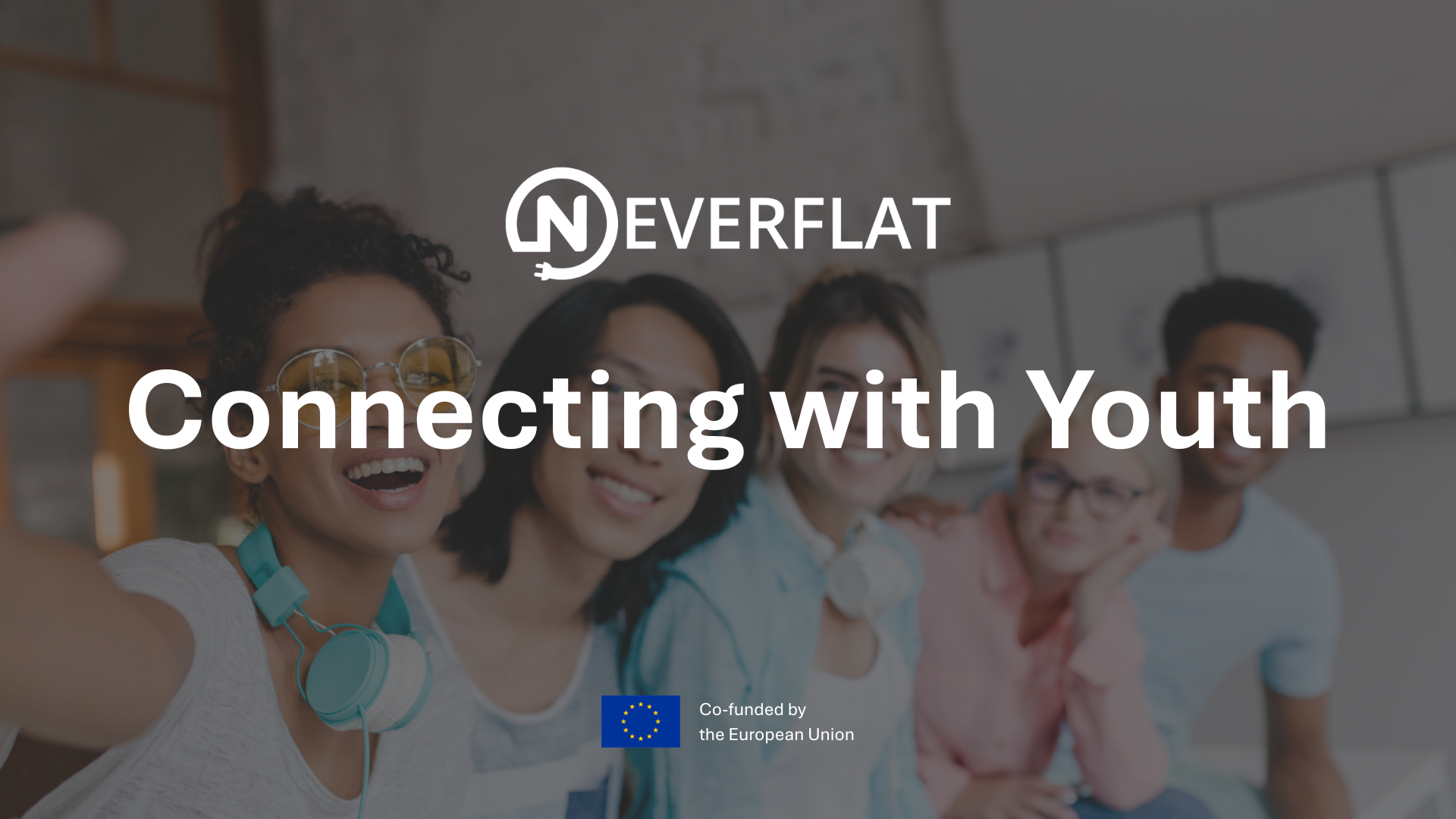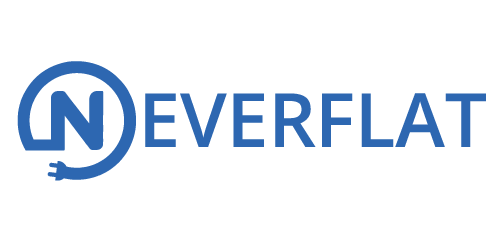POLI International Fest 2025 – Connecting with Young Innovators
On 5–6 March 2025, BEIA Grid Institut (BEIA) took part in the first edition of the POLI International Fest at the Politehnica University of Bucharest. The student-led event gathered international groups, companies, embassies, pupils, and students to showcase cultural diversity and explore new ideas in engineering and technology education. With more than 20 company stands and 15 embassy or cultural representations, the programme combined technology exhibitions, hands-on workshops, panel talks, and short language taster classes, attracting thousands of visitors both onsite and online.

Rather than giving a formal presentation, the BEIA team chose to engage directly with students in open conversations at the stand. This created an opportunity to introduce the NEVERFLAT project and explain how European research is helping shape practical solutions for electric mobility. The informal format allowed for exchange of ideas and raised awareness of how research and innovation are linked to daily life.
About the NEVERFLAT Project
NEVERFLAT (iNnovative EV-charging EnviRonment for Future Low-cost mAss deploymenT) is a Horizon Europe project supported by the 2ZERO Partnership. Running from 2025 to 2028, it aims to design and demonstrate a smart, affordable, and bi-directional charging system for electric vehicles that is interoperable across Europe, easy to deploy, and closely integrated with renewable energy sources.
The project combines several strands of innovation: compact and modular charging hardware using wide-bandgap semiconductors, bi-directional operation that enables vehicle-to-grid services, and predictive planning tools supported by digital twins and machine learning. Alongside the technical advances, the project also develops new value-added services and business models, ensuring that charging is accessible, inclusive, and aligned with user needs.
Pilot sites in Germany, Spain, and Romania will test these solutions in real conditions, covering both urban and peri-urban environments. In Romania, BEIA contributes directly by hosting a pilot at its Bucharest headquarters and supporting demonstrations in Alba Iulia, where charging infrastructure will be connected to rooftop solar installations and integrated into local energy management systems.
BEIA’s role and outreach
BEIA is part of a 14-partner consortium of universities, research institutes, SMEs, municipalities, and energy providers across Europe. Its role in the project is linked to system integration, communications, and pilot demonstrations in Romania. The company also acts as a bridge between research results and user communities, helping to ensure that solutions are practical and widely accepted.
At POLI International Fest, BEIA highlighted three ideas central to NEVERFLAT: the flexibility of smart charging to adapt to local energy supply, the use of algorithms and predictive models to make charging reliable and simple, and the integration of vehicles, chargers, and the grid into a seamless European network. Students were particularly interested in how these technologies can support wider renewable energy uptake and prepare cities for large-scale EV deployment.
Why this event matters
For BEIA, attending the festival was a way to connect with the next generation of engineers and innovators. Talking about energy transition in such a setting underlined that European research projects like NEVERFLAT are not abstract initiatives but practical steps towards sustainable mobility. By engaging students early, the project also supports awareness and skills development, ensuring that the people who will one day design, deploy, and manage these infrastructures are already familiar with their purpose and potential.

